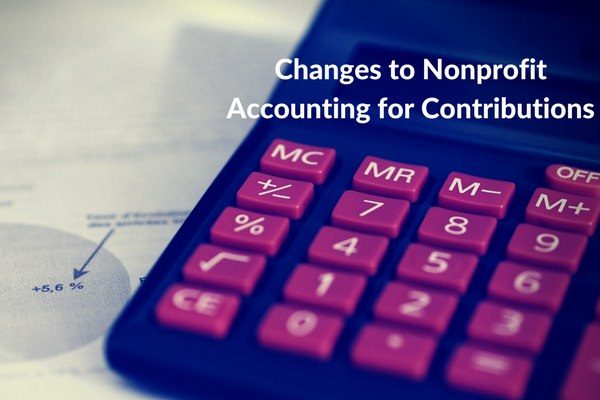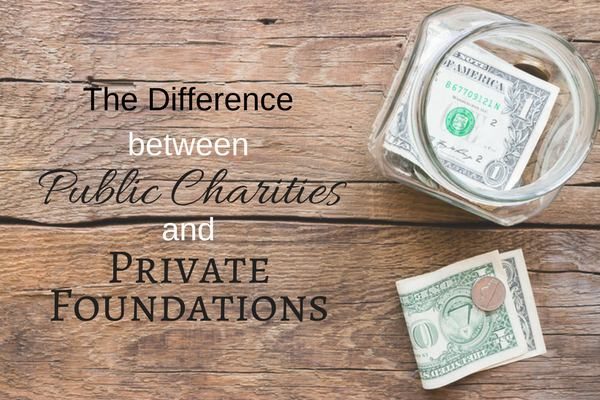As your nonprofit begins to prepare its taxes, it is also a good time to conduct a fundraising audit. A fundraising audit, will aide in developing a data-driven strategy to help your organization and fundraising efforts expand and grow. Below is a list of what to include in your fundraising audit … Read More
Experienced Auditors
Experienced auditors are the linchpin of a robust financial assurance process, bringing a wealth of knowledge and skill to the table. In a landscape where financial scrutiny is paramount, their expertise becomes instrumental in ensuring accuracy, transparency, and compliance.
The depth of experience that seasoned auditors bring is invaluable. Having navigated diverse industries and intricate financial structures, they possess a nuanced understanding of the complexities inherent in audits. This breadth of experience allows them to approach each engagement with a strategic mindset, tailoring their approach to the unique challenges and nuances of the specific organization.
One of the key advantages of experienced auditors lies in their ability to foresee potential issues and proactively address them. Their seasoned judgment and analytical skills enable them to identify risks, assess controls, and provide insights that go beyond routine compliance. This proactive stance not only minimizes the risk of financial discrepancies but also contributes to operational efficiency and long-term financial health.
Communication is another hallmark of experienced auditors. They excel in translating complex financial information into clear and actionable insights. This proficiency in communication fosters a collaborative environment between auditors and the organization being audited, ensuring that both parties are on the same page regarding expectations, findings, and recommendations.
Furthermore, experienced auditors stay abreast of the latest industry trends, regulatory changes, and emerging technologies. This commitment to continuous learning positions them as strategic partners, capable of providing forward-looking advice that goes beyond the immediate audit engagement.
In essence, the role of experienced auditors extends beyond the traditional scope of compliance. They are strategic advisors, leveraging their wealth of knowledge to not only validate financial information but also to contribute to the overall success and resilience of the organizations they serve. In a landscape where financial accountability is non-negotiable, the value of experienced auditors becomes a cornerstone for organizations aiming for excellence and trust in their financial practices.
Essential Internal Controls Every Nonprofit Needs
Internal controls are the operating procedures a nonprofit relies on to keep things running smoothly and reduce the potential for inappropriate behavior within the organization. Essential Internal Controls Every Nonprofit Needs 1. Authority to Spend Deciding who has the authority to make and … Read More
Changes to Nonprofit Accounting for Contributions
New FASB Standards Recognizing Revenue This past August (2017), the Financial Accounting Standards Board (FASB) issued a proposed Accounting Standards Update (ASU) to address concerns raised by stakeholders regarding the recognition of revenue from contracts and grants received by nonprofit … Read More
Can Your Organization be a California Nonprofit?
Starting a nonprofit provides the community it will serve benefits and advantages, as well as, the individual(s) building the nonprofit. Typically, a 501(c)(3) nonprofit organization is formed to serve religious, charitable, educational, scientific or literary purposes. To be granted nonprofit … Read More
Tips for Writing Nonprofit Committee Charter
In addition to putting bylaws, policies & job descriptions in writing, a nonprofit committee charter is essential for detailing your current or future agenda. If your nonprofit does not currently have a board, begin by creating a committee for your charter topic. The creation of the committee … Read More
Tax Requirements for a Nonprofit Receiving Donations
Nonprofit work is incredibly rewarding, but in a sector that relies heavily on donor support, success relies heavily on the ability to demonstrate a return on investment. As your organization grows, private donors, foundations and government entities will likely request detailed accounting documents … Read More
Differences between a Public Charity and Private Foundation
Are you thinking of starting a nonprofit? Before you do, consider the Internal Revenue Service code, 501(c)(3), which governs nonprofit status. Nonprofits may be classified as either a public charity or a private foundation. The Differences between Public Charity and Private Foundation Public … Read More
Unrelated Business Income for Nonprofits
The tax codes surrounding non-profits can be difficult to understand. As a tax exempt organization, you're just exempt from paying taxes, right? Well, as with all things tax related, that depends. One such circumstance is whether or not your organization has UBI: Unrelated Business Income … Read More
Addressing Outstanding Audit Issues
Correcting the mistakes or changing policies will improve financial reporting, operational efficiency, and result in a smoother audit. Failure to address the audit findings may result in business operations disruptions and delay the issuance of the audited financial statements. Tips for Addressing … Read More
Nonprofit Guidelines for Keeping Accurate Fundraising Records
As nonprofit organizations recover from the rush of giving around the holiday season, many are left wondering how to appropriately keep accurate fundraising records. Along with maintaining the privacy of personal information and keeping fundraising data easy to access, organizations must also follow … Read More









